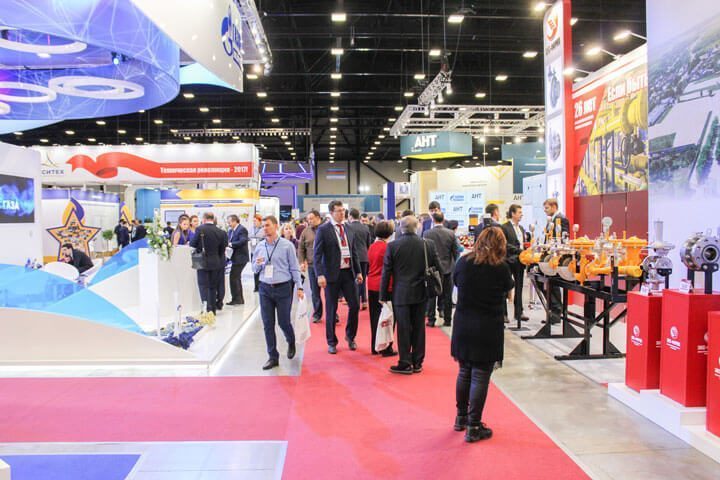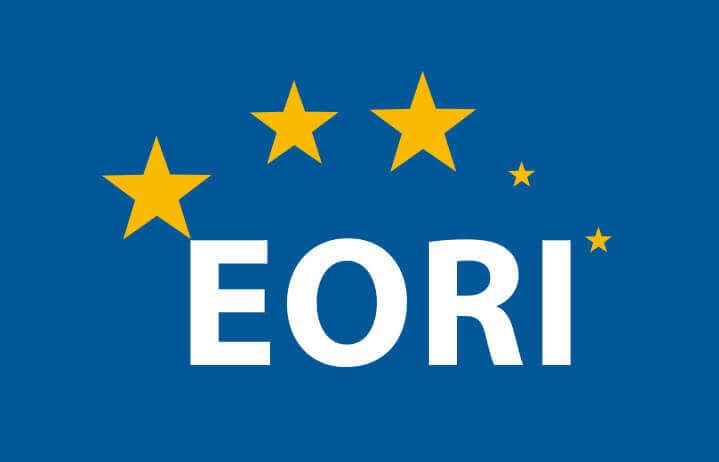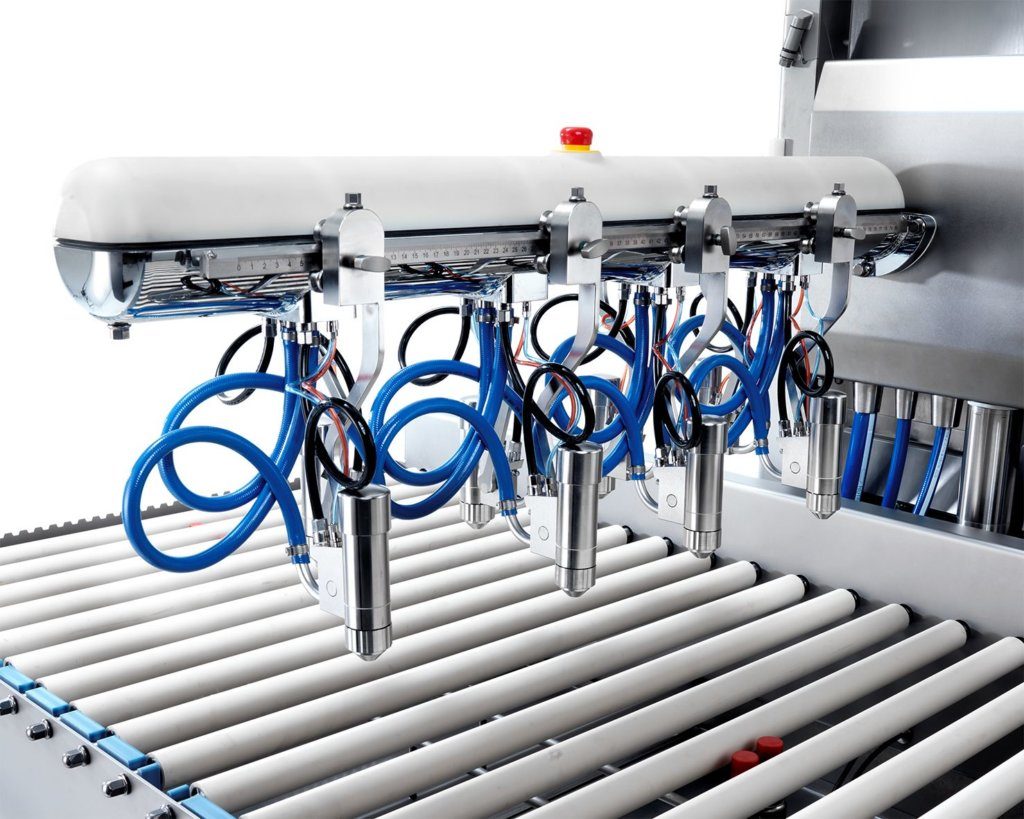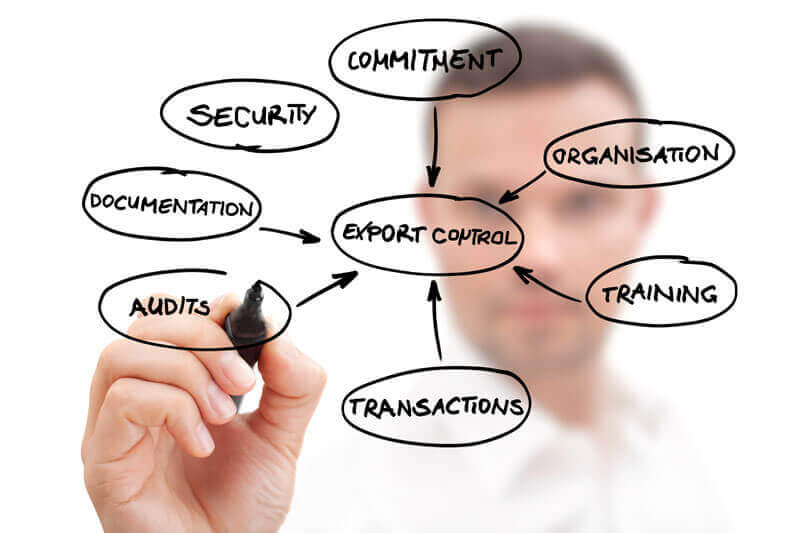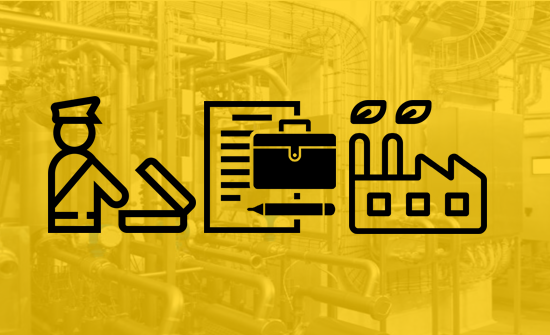Guide to trade fair transports: From industrial ovens to electric cars, how to successfully exhibit your goods at international trade fairs!
Looking to present your goods at an international trade fair in order to demonstrate their functionality and advantages to your customers and open up new sales markets? Logistically speaking, not an easy undertaking, especially if you want to exhibit in complex markets like Russia or the CIS, since many additional things need to be considered when it comes to trade fair logistics.
Timing is everything
Trade fair transports are extremely time-sensitive; the most beautiful exhibition goods are worthless if they do not arrive on time. For this reason, there must be no delays in delivery under any circumstances; precise planning is essential.
Delivery to the exhibition booth
The last few meters are often the most difficult! How an industrial furnace actually ends up at its intended trade fair stand must be carefully thought through.
Your role as importer
Unlike ordinary exports, no importer in the destination country will take care of the customs and import formalities – you as the exhibitor are responsible for this! That’s no easy task considering that the regulations in the foreign country are unfamiliar, and at the same time, you are usually required to have a company registered in that country actually handle the import.
Customs clearance of exhibition goods
In contrast to conventional export goods, you wouldn’t want to be charged extra for customs duties and import VAT for your exhibited goods, since they would not be put into circulation in the foreign market (you may not want to do this for export goods either, but there is no way around that 😊).
What’s more, you may want to avoid time-consuming approval procedures and permits like the ones required for actual exports.
The solution to both problems is temporary import either by means of a customs declaration for temporary import, which usually requires a customs service provider as well as a guarantee, or by means of a Carnet ATA (learn more>>).
For both customs procedures, there is an immense amount of requirements for identity assurance. This is necessary to guarantee that the temporarily imported goods are neither exchanged nor altered. Identification is ensured by means of an unmistakable description of the goods (e.g. by listing stamped serial numbers, precise model descriptions, photos and picture catalogs, etc.) but also by attaching additional seals.
Precise planning is paramount here. If the proof of identity is not successful or an incorrect serial number is recorded, this can jeopardize your entire trade show participation.
Customs clearance of consumables
Everyone is familiar with this problem: At a trade fair, you want to hand out advertising materials to your customers and potential clients, you may want to provide them with tasting samples or refreshments, maybe consumables such as model workpieces for demonstration purposes, or you simply want to please your customers with a small treat from your home country. All these goods cannot be imported temporarily, as there are no plans to export them again after the trade fair. There is no formal importer, because the exhibitor is usually not registered in the economic area. Therefore, a customs representative is needed to file the customs clearance on his behalf. Furthermore, there usually is an array of different types of consumer goods to be delivered, and if even one of them is not accurately declared or any required proof of conformity is missing, the entire delivery is blocked!
Local sourcing of services and consumables
Does it make sense to transport mineral water thousands of kilometers and then also pay duty on it? In many cases, it’s much more sensible to procure certain products and services locally. For this, planning, organization and local sourcing are key!
Feel free to ask our tradeshow transport experts about the individual planning of your entire tradeshow presentation. We will organize all processes for you—from the dispatch of your exhibition goods to their safe return—so that you can relax and focus on what matters most: the presentation of your goods!
We provide the following services:
- Transport including delivery to the trade-fair stand and assembly on location
- Preparation of all necessary documents and obtaining the required permits
- Customs clearance of exhibition goods as your AEO-certified customs representative in the country of export by means of temporary import or ATA Carnet
- Customs clearance of consumables as a registered importer as part of our DDP service
- Procurement of consumables and services on site
Salzburg, 13.12.2021
 Deutsch
Deutsch  English
English  Русский
Русский 